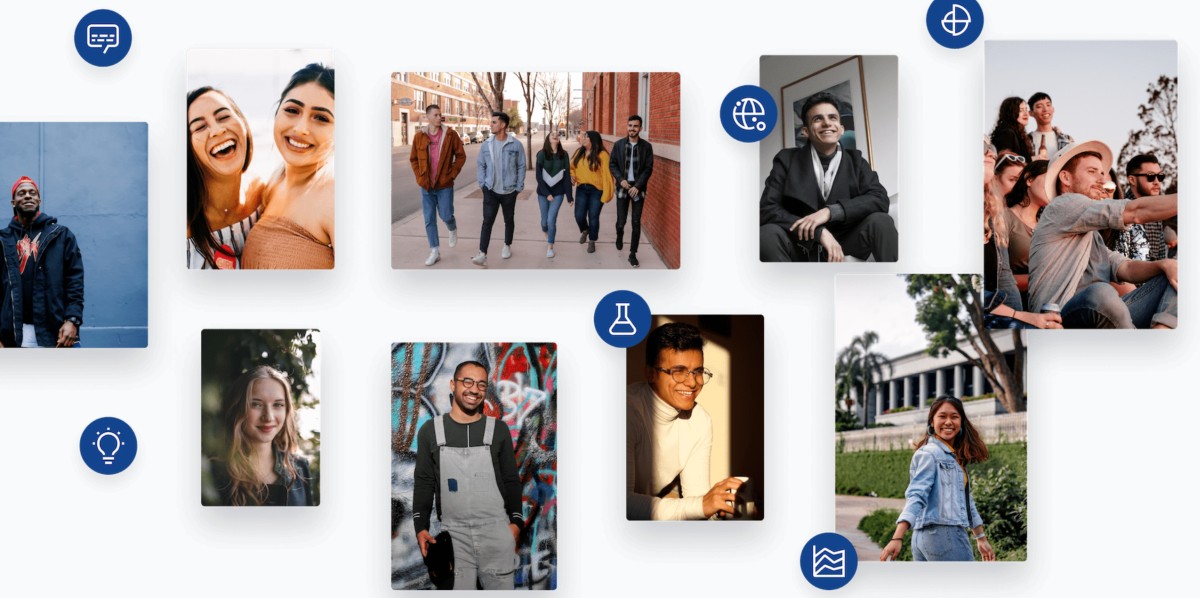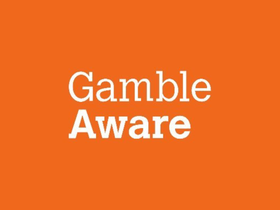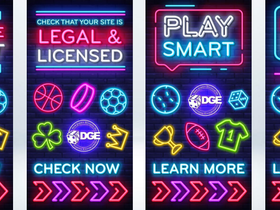The International Center for Responsible Gaming (ICRG) announced that it has overhauled its collegiate responsible gaming website, CollegeGambling.org.
ICRG initially launched the website in 2011, with the goal of helping college students develop responsible gambling habits. CollegeGambling.org provides resources to raise awareness of problem gambling and connects individuals experiencing gambling-related problems with the resources they need for help.
“This website has not only been relaunched but also thoroughly updated to align with modern digital standards, ensuring that it remains a valuable resource for students and those connected to college life,” ICRG said, adding that its website “is designed exclusively for those of legal gambling age, and it is our firm commitment to responsible gaming that we do not encourage underage gambling.”
CollegeGambling.org has six basic components:
- What You Can Do — Offers suggestions to campus health professionals, university administrators, students, and parents on ways to effectively discuss problem gambling.
- Facts and Stats — Includes the latest “need-to-know” information for preventing gambling-related harms. The section also includes “facts about gambling and gambling disorder, relevant scientific studies, and resources to assist in identifying and finding help for a problem,” ICRG said.
- For Campus Health Professionals — Contains information, guidance, and materials to help campus health professionals identify students struggling with a gambling problem and to provide assistance to those students.
- For University Administrators — Provides administrators with various guidance, including how and why they should take action on problem gambling. The section also includes an FAQ and advice on how to implement responsible gaming policies and to raise awareness of responsible gambling practices on campus.
- For Students — A section that provides “essential information about gambling and gambling disorders, signs of potential problems, where to find help, and ways to promote awareness on campus,” according to ICRG. Separate guidance for fraternities and sororities, college athletes, peer educators, and resident advisors are also available through this section.
- For Parents — Includes guidance on how to discuss responsible gambling with their college-bound children, and on ways parents can encourage their children to address the issue on campus. “As a parent, you are influential in how your son or daughter responds to risky activities, including gambling.
“Our commitment to responsible gaming extends to college campuses, where students are shaping their futures,” said ICRG President Arthur Paikowsky. “With the right information and support, every student can make informed decisions about gambling.”
According to ICRG, recent research shows 6% of US college students struggle with a severe gambling problem, which the organization said, “can result in psychological difficulties, unmanageable debt, and failing grades.”
ICRG said college-aged individuals are more prone to impulsive behavior and are therefore at a higher risk of developing a gambling a disorder than an adult. It added that students with gambling problems “are more likely to engage in other risky behaviors, including substance abuse, impaired driving, and poor academic performance.”
The non-profit added that 75% of college students gambled during the past year — a figure that includes legal and illegal betting, and both on- and off-campus betting.



